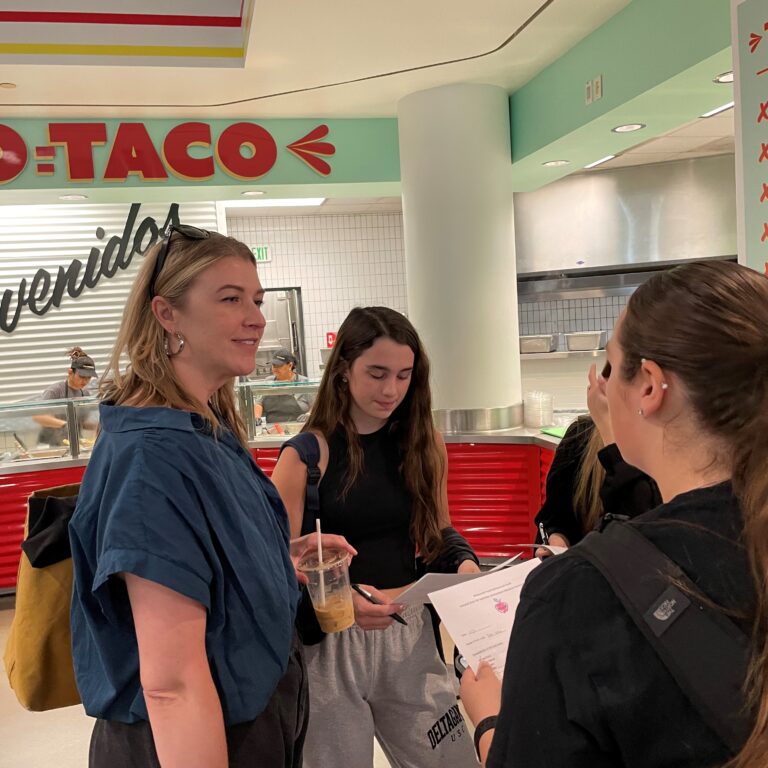Interested in how food systems get food from production to people’s plates?
“Food is the single strongest lever to optimize human health and environmental sustainability on Earth” (EAT Lancet Commission, 2019).
There is growing concern for food system issues that negatively impact nutrition and public health, equity and the environment, and calls to transform food systems so that they support healthy, sustainable diets.
What people eat is influenced by the foods that their family, friends and acquaintances are purchasing, eating and providing, and by their access to different types of foods based on their transportation demands, schedules and if they live or spend time in “food deserts” and “food swamps”.
To understand and analyze these complex phenomena, we draw on systems science theory and methods, and social-ecological theory, which integrates social science concepts from psychology, sociology, geography, economics and policy, as well as systems engineering.
In this course, learn about how multilevel factors in community food systems interact to influences peoples’ diet, food security and health, and how they impact the environment through food waste and carbon emissions.
You will also investigate how food systems are central to issues of health equity and food justice, and how shocks and disruptions to food systems—like COVID-19—bring issues of equity to the forefront.

In response to these challenges, we need a shift in focus towards a holistic and situated understanding of community food systems, and systems science frameworks. We also need advances in technological and scientific innovations that would enable communities to monitor, understand, and address food systems and food security risks. Together this will help us transform food systems through effective programs and policies, so that community lifestyles are healthier, more resilient and sustainable.
One in four residents in LA County go hungry. Rates of food insecurity here are back up to 24% in 2022.





